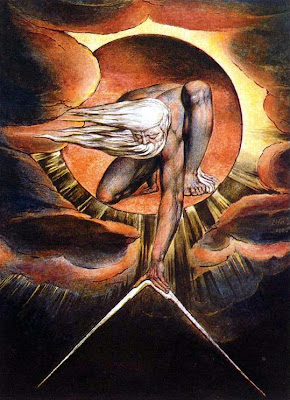Or was I maybe brainwashed at a young age by Nancy Milford’s biography of Zelda?
Was Zelda actually a burden on Scott, an attention-seeker dabbling in the arts like a sort of mean-spirited Lucy to Scott’s Ricky?
“Hemingway saw that in this family the wife continually interfered with her husband’s work because she was jealous of it. Her frantic efforts to become a painter, a ballerina, and a writer were part of that jealousy.”Or was she (even more sadly) simply always mentally ill?-- Harry T. Moore, preface to the Southern Illinois University Press edition of Save Me the Waltz
I would say there was some oppression:
In its time, however, the book was not well received by critics...The failure of Save Me the Waltz, and Scott’s scathing criticism of her having written it -- he called her “plagiaristic” and a “third-rate writer” -- crushed her spirits.Unfortunately, the mixed reviews for her semi-autobiographical novel (e.g., “a literary curio,” “full of rhetorical effects that owe more to derangement than to inspiration”), including Henry T. Moore’s gentle warning that the first third may seem a bit turgid, are more than fair. The first third is terribly turgid, as though Zelda wanted to prove that she knew a lot of “big words.” Random sentence by way of example: “The sum of her excursions into the irreconcilabilities of the human temperament taught her also a trick of transference that tided her over the birth of the last child.” Wha-a-a-t?
But once Alabama (Zelda) hooks up with David (Scott), Save Me the Waltz becomes quite vivid and interesting, a peek into the real lives of literary legends of nearly 100 years ago. The book takes up a non-localized-consciousness style and is as good as anything Virginia Woolf might do. The quality of the light in a certain scene, or the smell in a ballet studio or a ship cabin, or a view of the flowers in a dining room, all convey the slow dissolution of the Fitzgeralds’ heyday unbelievably effectively.
Also, to vindicate Zelda a little bit, there’s no sign that Alabama was jealous of David’s achievements (though there are plenty of signs that she couldn’t take the monotony of their partying life). If Alabama reflects Zelda, then Zelda wasn’t a “dabbler,” either -- she was, rather, desperate to feel the ecstasy she could see other artists feeling, and went in whole-hog to feel it herself.
“I have been to the Russian ballet,” Alabama tried to explain herself, “and it seemed to me -- Oh, I don’t know! As if it held all the things I’ve always tried to find in everything else.”
...
At night she sat in the window too tired to move, consumed by a longing to succeed as a dancer. It seemed to Alabama that, reaching her goal, she would drive the devils that had driven her -- that, in proving herself, she would achieve that peace which she imagined went only in surety of one’s self -- that she would be able, through the medium of the dance, to command her emotions, to summon love or pity or happiness at will, having provided a channel through which they might flow. She drove herself mercilessly, and the summer dragged on.
























